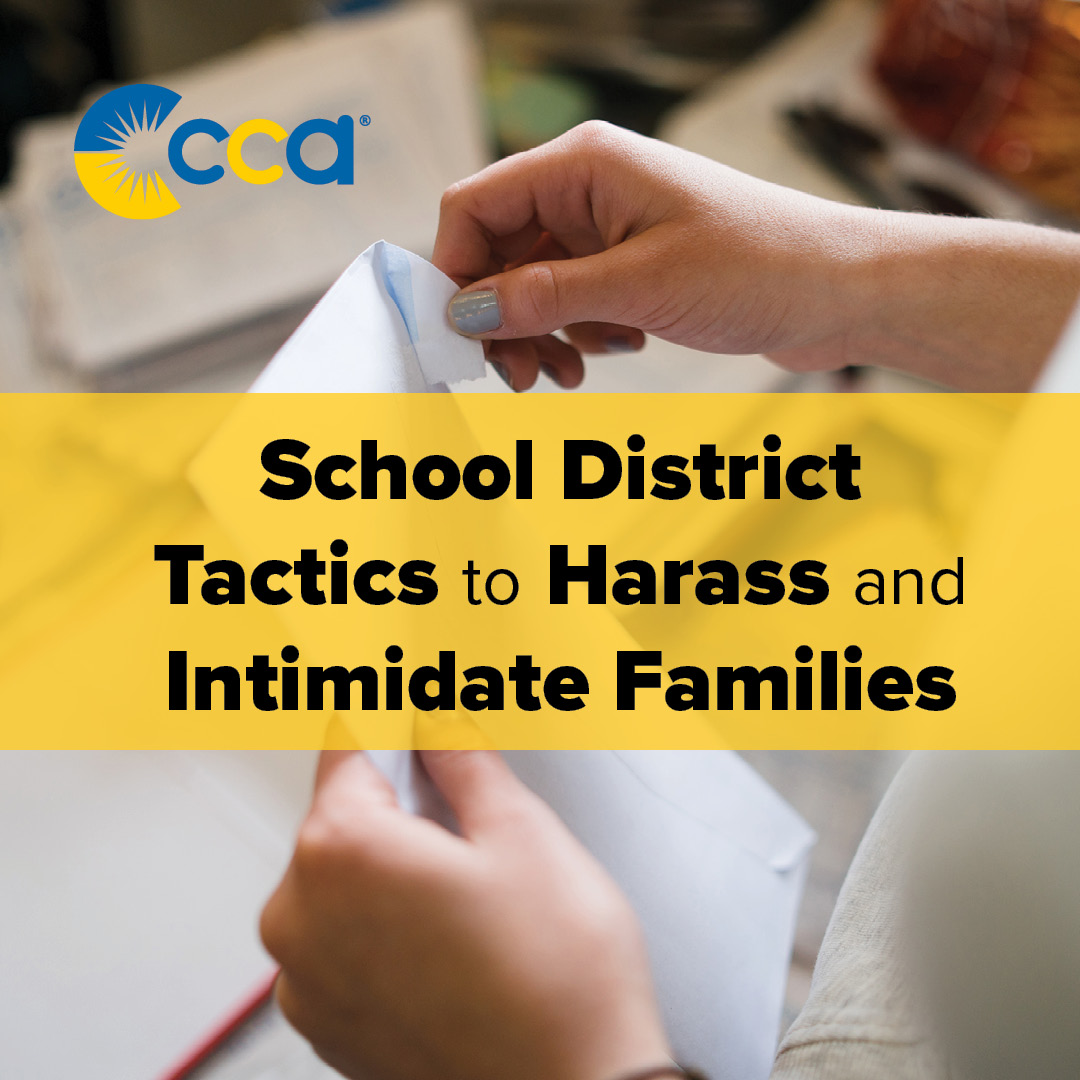Enrolling Now for 2026-27 School Year.
Enrolling Now for 2026-27 School Year.

 Pennsylvania public cyber charter schools, like CCA, have seen record enrollment as a result of the COVID-19 pandemic. For various reasons, families across the state have exercised their right under state law to send their child to the public school of their choice.
Pennsylvania public cyber charter schools, like CCA, have seen record enrollment as a result of the COVID-19 pandemic. For various reasons, families across the state have exercised their right under state law to send their child to the public school of their choice.
School districts across the state are expressing their frustration about the number of students who have enrolled in a public cyber charter school, like CCA. While this isn’t something new, their anti-cyber charter school rhetoric is at a fever pitch.
State law requires a child’s school district of residence to pay the cyber charter school a portion of what the district spends per student, ensuring that students can attend a public cyber charter school at no cost to families. The amount paid to a cyber charter school is not an arbitrary figure; it is calculated using a specific formula in state law that governs payments to cyber charter schools. On average, each child who attends a public cyber charter school, like CCA, receives 25 percent less funding than their peers in school districts.
Districts are employing various tactics that border on harassment to intimidate and force families to re-enroll in district schools or district-run cyber programs.
Below is a list of tactics being used by districts, with an explanation of what the law guarantees and what CCA is doing:
Some districts are calling, emailing, mailing letters, and/or having a district representative personally visit the homes of families who have a child enrolled in a public cyber charter school to demand families prove and verify residency in the district.
Some districts are providing false information to families about when and/or if their child can enroll in a public cyber charter school.
Some districts are contacting families to inform them that their child is being recorded as absent from school and is in violation of truancy laws even though the child is enrolled in a public cyber charter school.
Some districts are repeatedly attempting to force families to enroll in the district’s cyber program or claiming that students must enroll in their cyber program instead of attending a public cyber charter school.
Some districts are providing false information to families about their child’s ability to participate in district-run sports programs and after-school activities.


As a taxpayer, you fund public schools in a variety of ways, including local income, per capita, and property taxes, and state and federal taxes. It is our belief that the funding that is allocated to school districts belongs to taxpayers and students, not the school system.
As a Pennsylvania parent and citizen, you have exercised your statutory right to have your child educated by the public school that best serves his or her needs.
Enrolling Now for 2026-27 School Year.